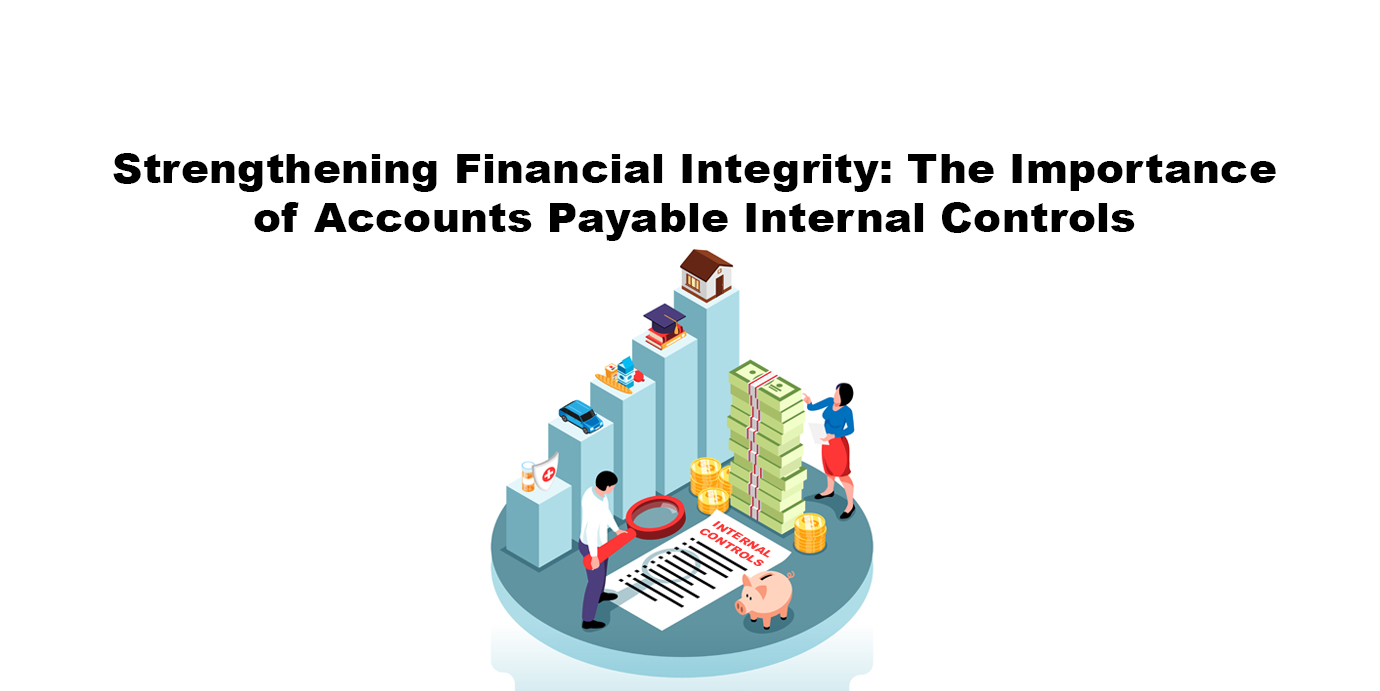In the realm of finance, where numbers reign supreme and transparency is paramount, one aspect stands out as a critical focal point for maintaining organizational integrity: accounts payable internal controls. These controls serve as the guardians of financial accuracy, ensuring that every penny spent aligns with company policies, procedures, and ethical standards. Let’s delve into why bolstering these internal controls is not just advisable but imperative for any business striving for financial health and trustworthiness.
Guarding Against Errors and Fraud
Accounts payable processes are vulnerable to a range of risks, including errors and fraudulent activities. Without proper controls in place, discrepancies in invoices, unauthorized payments, or even fictitious vendors can slip through the cracks unnoticed. By implementing segregation of duties, rigorous invoice approval procedures, and regular reconciliations, organizations can effectively mitigate these risks and safeguard against financial mismanagement.
Ensuring Compliance and Accuracy
In today’s regulatory landscape, compliance is non-negotiable. Accounts payable internal controls play a pivotal role in ensuring adherence to industry regulations and internal policies. From verifying vendor information to matching purchase orders with invoices, these controls provide a systematic framework for maintaining accuracy and transparency in financial transactions. Compliance isn’t just about avoiding penalties—it’s about upholding the integrity of financial reporting and fostering trust among stakeholders.
Promoting Efficiency and Accountability
Efficiency and accountability go hand in hand in the world of accounts payable. By streamlining processes, automating repetitive tasks, and establishing clear authorization procedures, organizations can enhance efficiency while reducing the likelihood of errors and delays. Moreover, accountability is reinforced when responsibilities are clearly defined, and individuals are held accountable for their actions at each stage of the accounts payable process. This culture of accountability fosters transparency and cultivates a sense of ownership among employees.
Embracing Technology and Innovation
In the digital age, technology is a game-changer for accounts payable operations. From electronic invoicing and payment systems to data analytics and artificial intelligence, organizations have a myriad of tools at their disposal to strengthen internal controls and enhance financial visibility. Embracing technological innovations not only improves efficiency but also enables real-time monitoring and analysis, empowering organizations to proactively identify risks and opportunities for improvement.
Continuous Improvement and Adaptation
The landscape of finance is ever-evolving, and accounts payable internal controls must evolve in tandem. Continuous improvement is not just a goal but a necessity in today’s dynamic business environment. Organizations must regularly assess their internal control frameworks, adapt to emerging risks and regulatory changes, and leverage feedback and insights to refine their processes. By fostering a culture of continuous improvement, organizations can stay ahead of the curve and uphold the highest standards of financial integrity.
In conclusion, accounts payable internal controls are the bedrock of financial integrity, serving as the guardians of accuracy, compliance, and accountability. By fortifying these controls, organizations can mitigate risks, enhance efficiency, and build trust among stakeholders. In an era defined by transparency and accountability, investing in robust internal controls is not just a best practice—it’s a strategic imperative for sustainable success.




